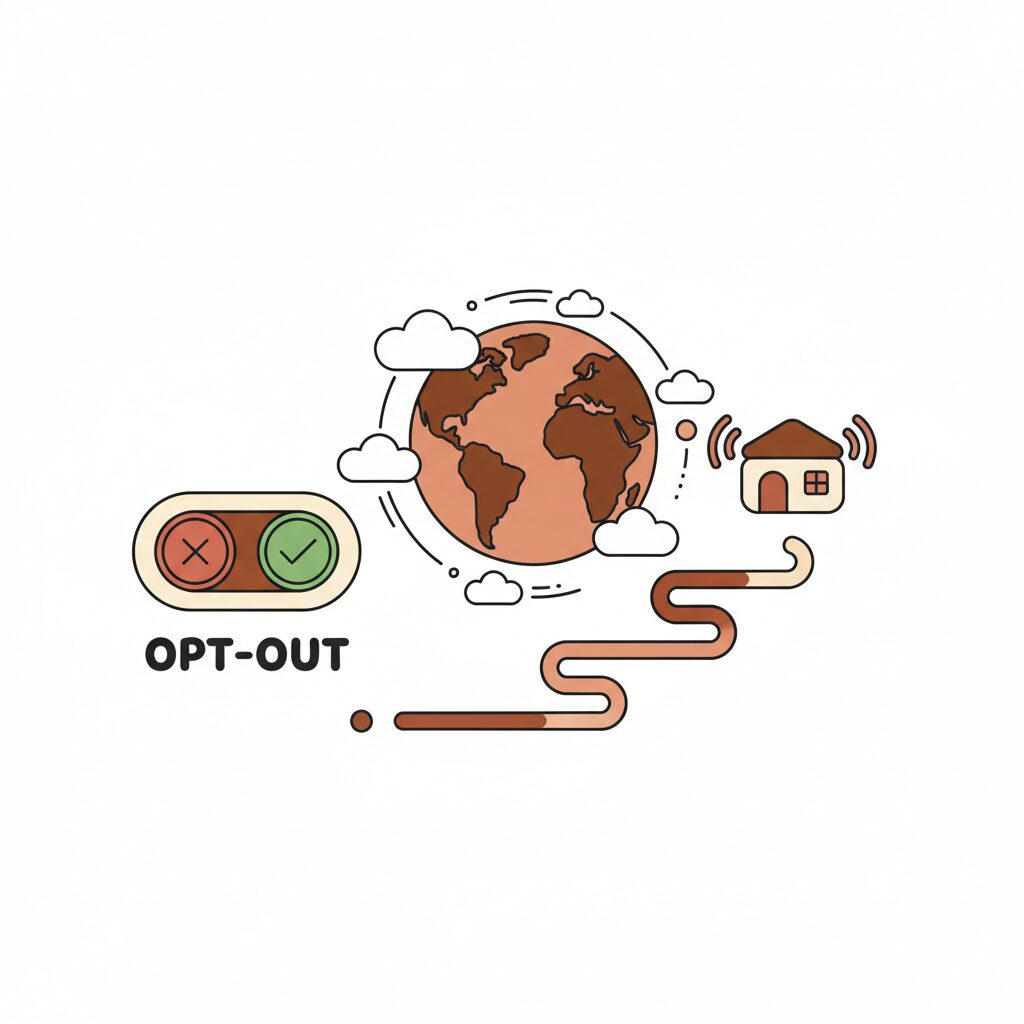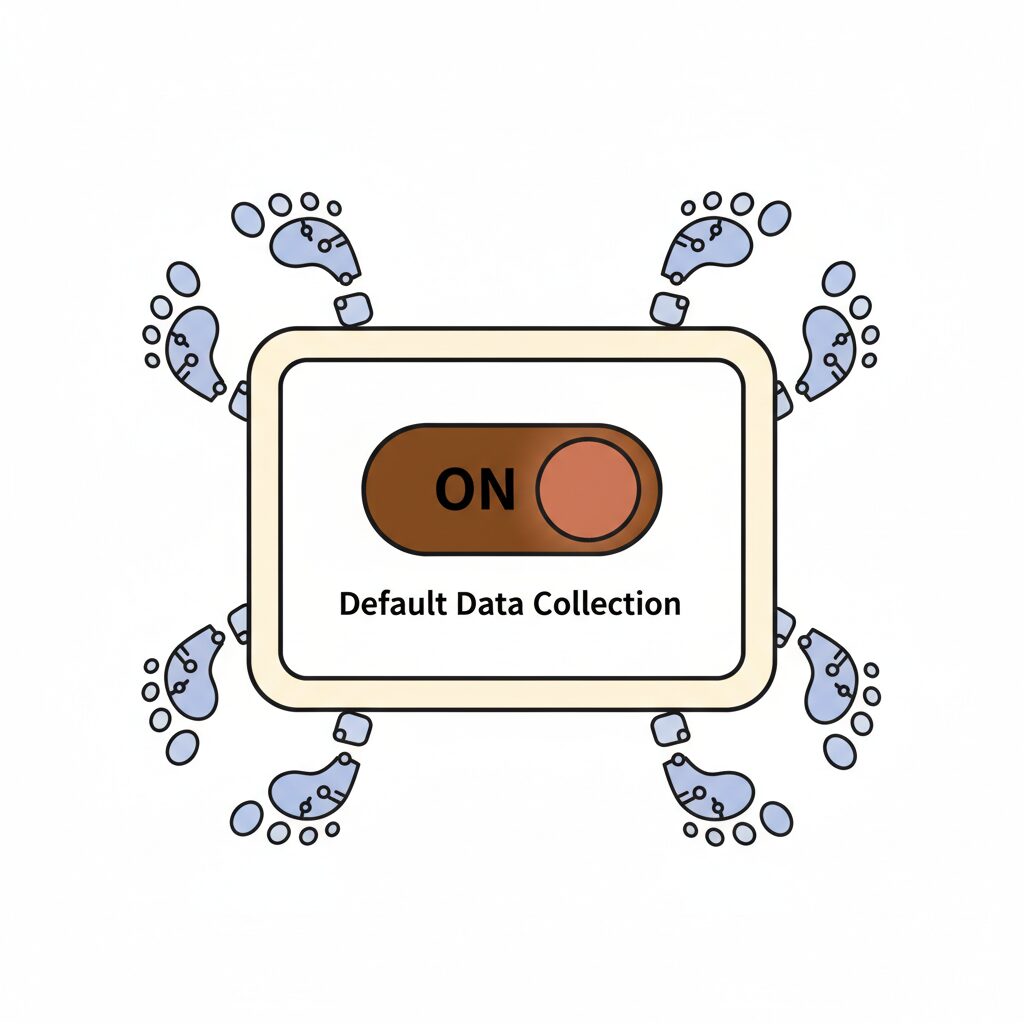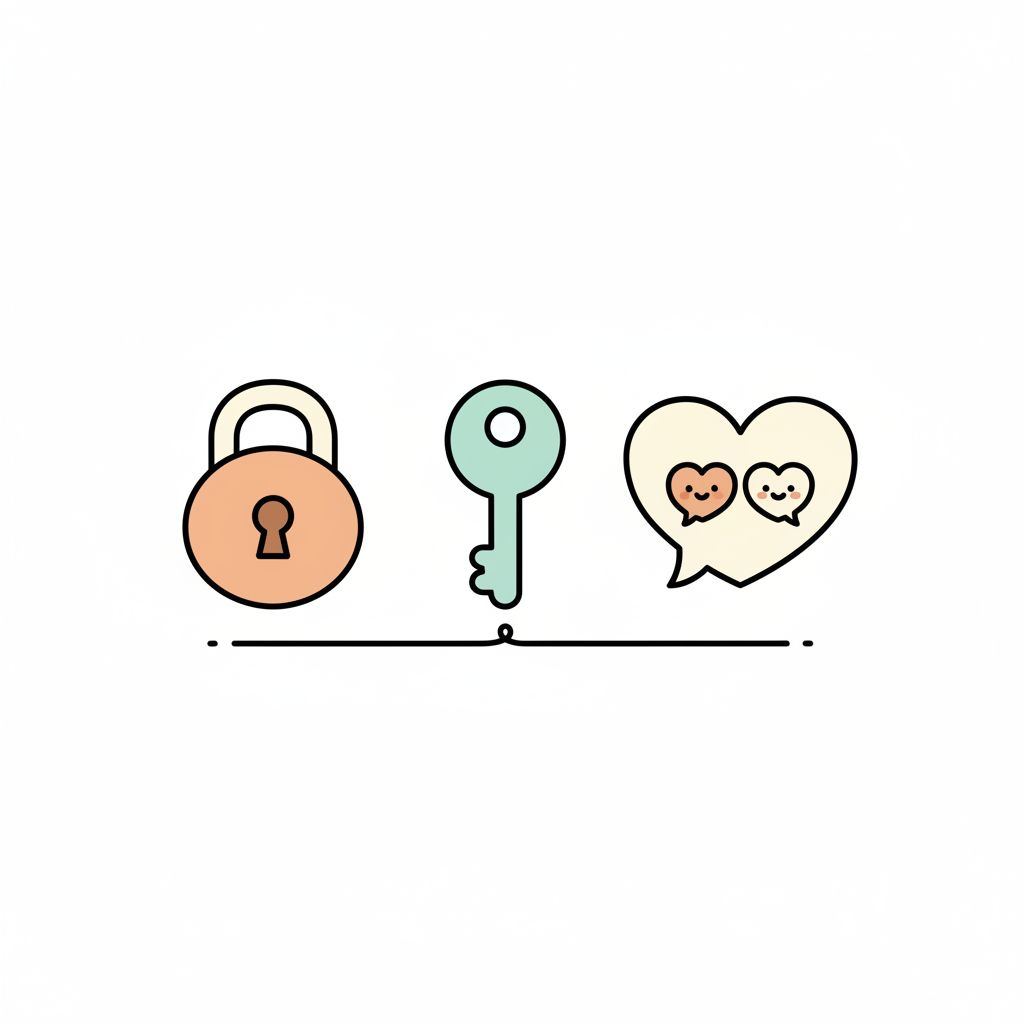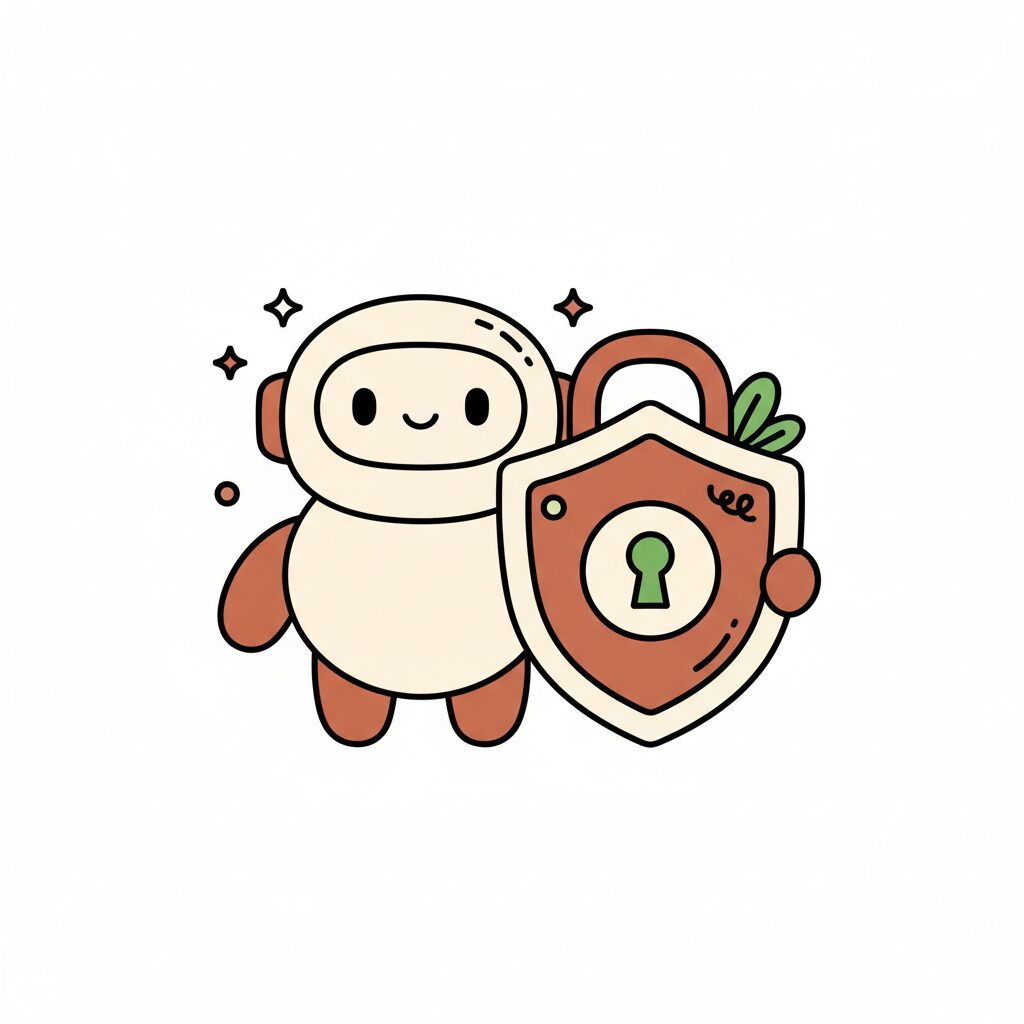
AI Changed Settings Again: Protecting Kids’ Digital Worlds
Ever feel like your kids’ digital world reshapes itself overnight? Anthropic’s recent shift to opt-out data collection for Claude reminds us how invisible defaults shape childhood tech experiences. Like a missed breeze, these changes are easy to overlook until we’re caught unprepared. This isn’t about fear; it’s awareness. After all, when technology evolves faster than family talks, who deserves to know first?
What Changed About AI Data Collection?

Anthropic, makers of Claude, recently tweaked privacy settings without fanfare. Previously, your chats needed explicit consent to train AI—like raising a hand to volunteer. Now, they’re included by default unless you opt out. That toggle? Set to ‘on’ from the start— Once data fuels training, it’s gone forever as irreversible as footprints washed ashore. Anthropic argues it’s needed for safety: real conversations help Claude dodge scams and nail homework help. Ever noticed? Models do learn from diverse chats—that’s fair. Here’s the kicker: when consent hides behind defaults, it stops feeling like choice. This isn’t about ‘bad AI’—it’s how tools evolve while we’re busy packing lunches. Protecting your family’s digital privacy should be simpler. Imagine setting off on a neighborhood stroll only to find the path rearranged mid-journey. Our kids deserve clearer maps for the digital trails they wander.
Such changes might seem technical, but here’s why every parent should pause.
Why AI Privacy Settings Matter for Children

Why does this tug at us as parents? Because children treat AI like a trusted friend—always ready for stargazing chats or math struggles. But when conversations become training data unannounced, it’s like that friend quietly jotting notes. Picture your child sharing playground worries with Claude; that tender moment could shape future AI without their ‘okay.’ What does this teach about boundaries? True wisdom lies in balancing tech with awareness. Digital autonomy starts young. Just as we practice ‘look both ways’ crossing streets, we must guide kids to question why defaults matter. Silent data collection chips away at their sense of control—yet children who understand their digital footprints become critical thinkers. Walking hand-in-hand through wonder means guarding their innocence while nurturing curiosity.
How to Talk About Privacy Without Killing Wonder

Let’s turn this into connection, not concern. Next time you use an AI helper together, pause and ask: ‘Should we keep this super private, or help train the AI?’ Then show how to toggle settings—it’s a live lesson in digital agency! Cybersecurity experts remind us: trust blooms where choices are clear and effortless. If deleting chats feels like hunting Easter eggs, that’s a red flag. Blend this with everyday magic: during screen time, whisper ‘let’s wipe the whiteboard clean like we do after drawings!’ Keep it light and playful. Research shows kids grasp privacy faster when it’s tangible—not a scary term, but a choice as simple as ‘I’d rather not share this.’ How can setting defaults become a fun family ritual? That spark in their eyes when discovering something new? Protect it by making exploration feel safe. Because curiosity thrives best where respect grows alongside it.
Small Steps to Protect Kids’ Digital Footprints
Ready to leap forward? Start microscopic. This week, pick one AI moment—a homework query or story chat—and review settings together. Make it a game: ‘High-five if we lock privacy to our side!’ Or craft a ‘digital detox’ handshake when ending sessions—a physical wink saying ‘this stays ours.’ These rituals build grit through shared action, not lectures. When you model mindful tech use, you gift an internal compass for life’s digital currents. Just as we marvel at fireflies, let’s protect digital sparks. Progress isn’t about ditching technology—it’s embracing it with heart. Kitchen-table wisdom? It’s the strongest firewall we’ve got. Flip the script on silent defaults, one tiny choice at a time. How will you reset privacy settings this week?
Source: The Default Trap: Why Anthropic’s Data Policy Change Matters, We and the Color, 2025/08/30 17:12:06
